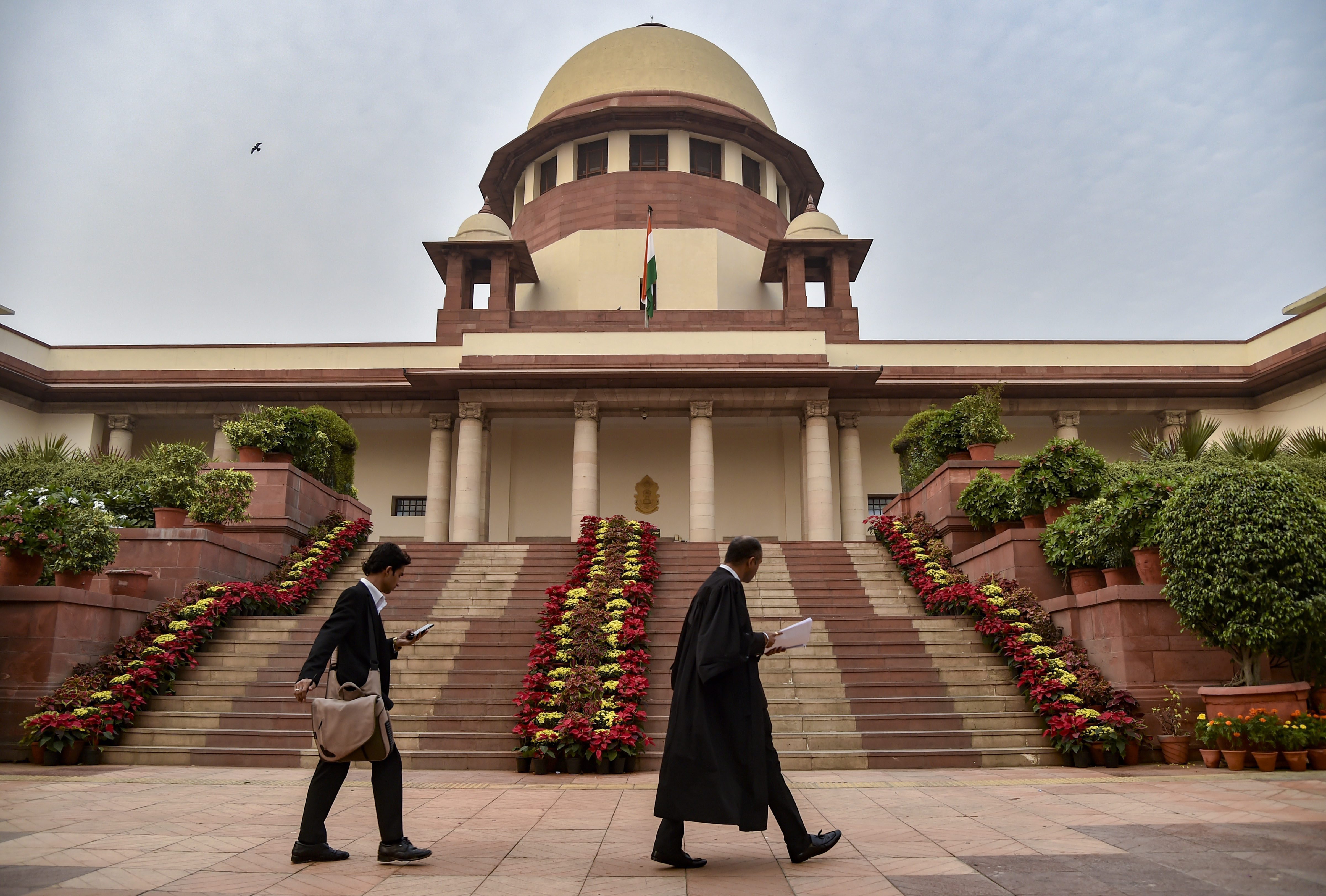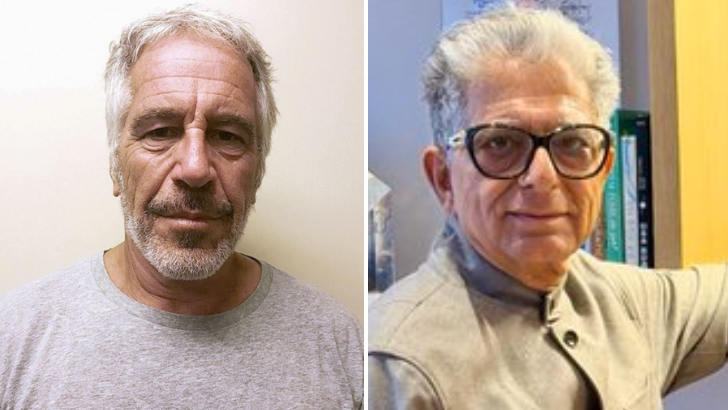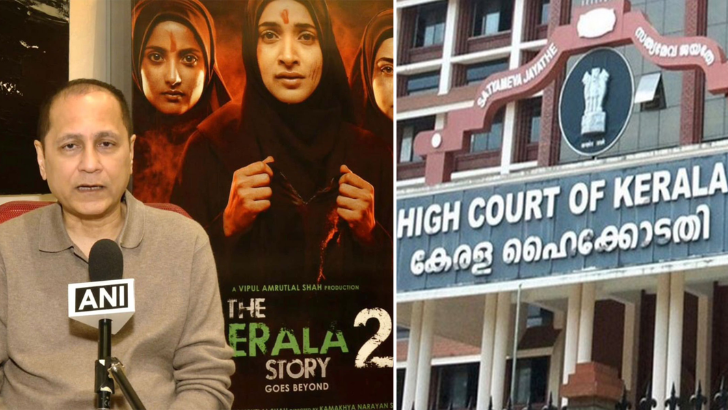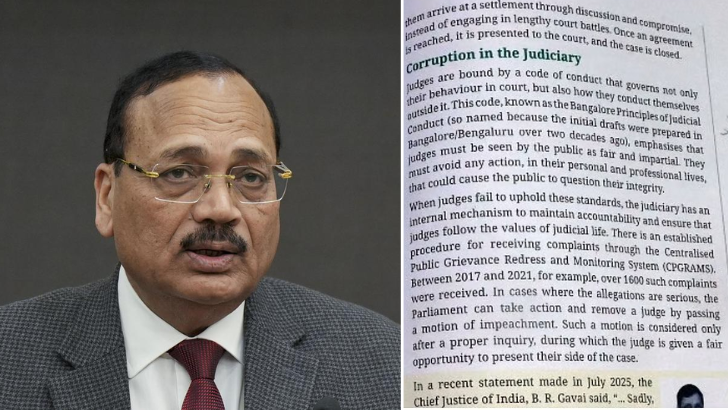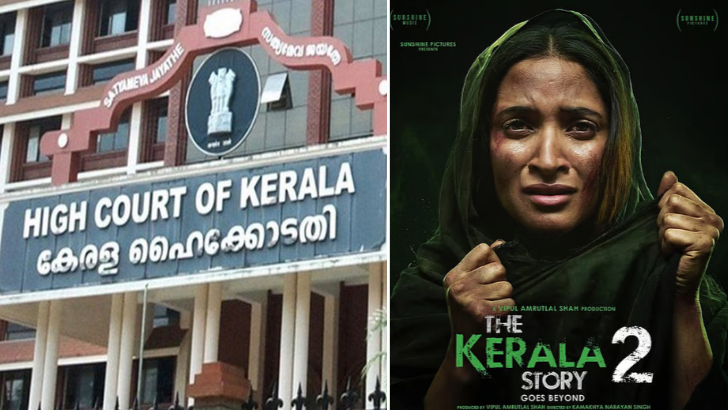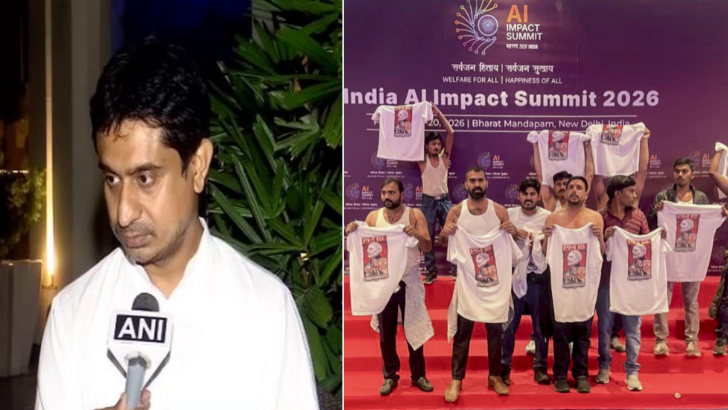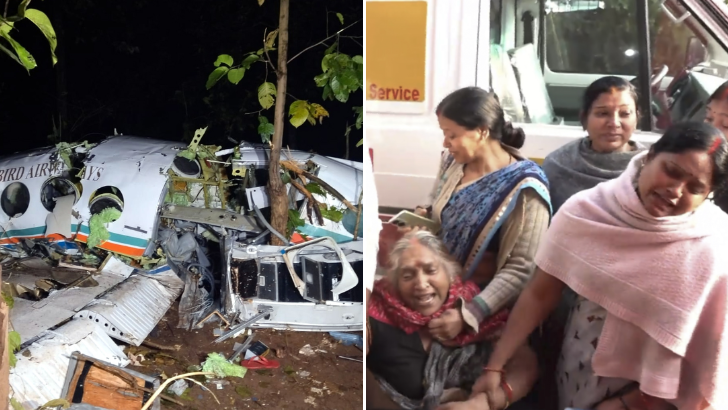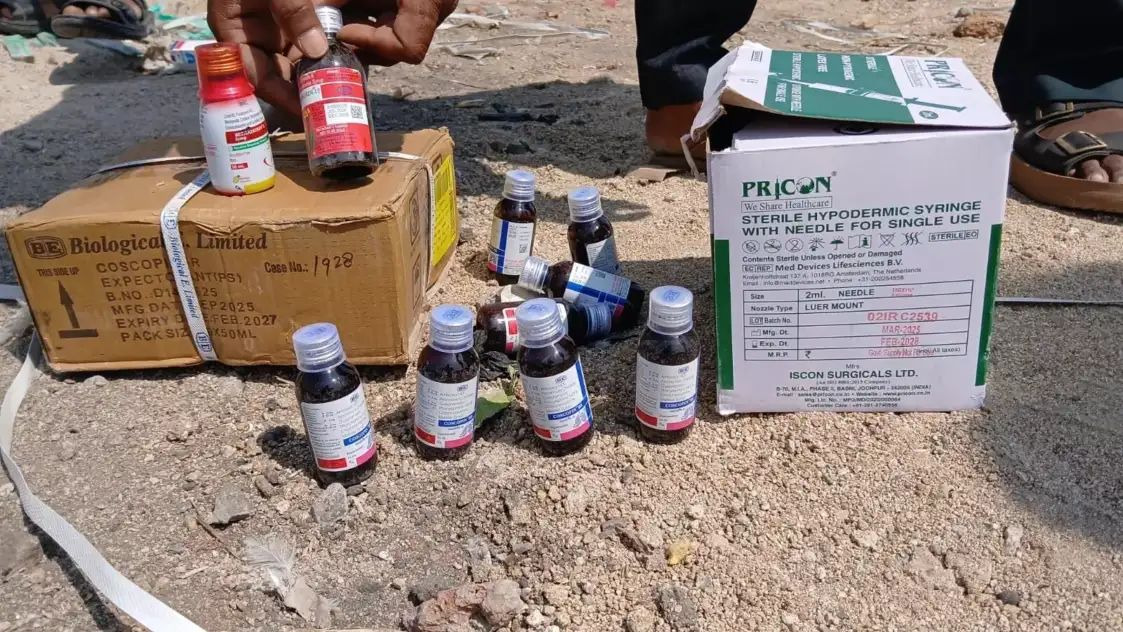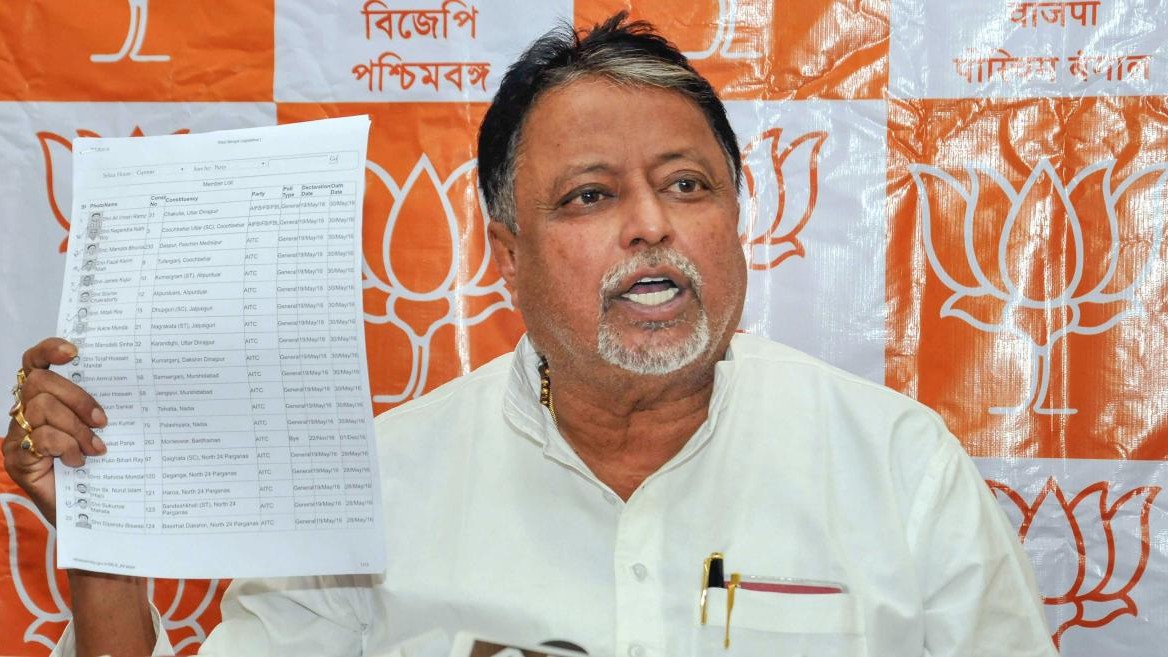Women entitled to maintenance from second husband even if previous marriage legally subsisting: SC
Section 125 of the Code of Criminal Procedure (CrPC) has been replaced by Section 144 of the Bharatiya Nagarik Suraksha Sanhita, with effect from 1 July, 2024.
PTI
-
Supreme Court of India
NEW DELHI, 8 FEB
The Supreme Court has held that a woman would be entitled to claim
maintenance under Section 125 of the CrPC from her second husband even if her
previous marriage was legally subsisting.
A bench of Justice BV Nagarathna and Justice Satish Chandra Sharma
said the objective of social welfare provisions such as maintenance must be
given an expansive interpretation and a strict legal interpretation should not
be allowed to defeat its humanitarian purpose.
Section
125 of the Code of Criminal Procedure (CrPC) has been replaced by Section 144
of the Bharatiya Nagarik Suraksha Sanhita, with effect from 1 July, 2024.
Directing
the second husband to pay maintenance to his estranged wife, the top court
said, "In the opinion of this court, when the social justice objective of
maintenance u/s 125 CrPC is considered against the particular facts and circumstances
of this case, we cannot, in good conscience, deny maintenance to appellant No
1. It is settled law that social welfare provisions must be subjected to an
expansive and beneficial construction."
"An
alternate interpretation would not only explicitly defeat the purpose of the
provision by permitting vagrancy and destitution, but would also give legal
sanction to the actions of the respondent in knowingly entering into a marriage
with appellant No 1, availing its privileges but escaping its consequent duties
and obligations," the bench said in an order dated 30 January.
The
apex court was hearing a plea filed by a woman who separated from her first
husband in 2005 after signing a memorandum of understanding, though no formal
legal decree of divorce was obtained.
Later,
she got acquainted with her neighbour and the couple got married on 27 November, 2005. Following differences, the second husband sought annulment of their
marriage, which was granted by a family court in February 2006. Later, the
couple reconciled and remarried, which was registered in Hyderabad.
The
couple's daughter was born in January 2008.
However,
differences arose between the couple again and the woman filed a complaint
against the second husband and his family members under the Dowry Prohibition
Act.
Subsequently,
the woman sought maintenance under Section 125 of the CrPC for herself and her
daughter, which was allowed by the family court but Telangana High Court set
aside the order after the second husband challenged it.
In
his appeal, the second husband submitted that the woman could not be considered
his legal wife due to her first marriage still legally subsisting.
Rejecting the second husband's argument, the top court set aside the high court order and restored the maintenance award.
Leave a Reply
Your email address will not be published. Required fields are marked *








